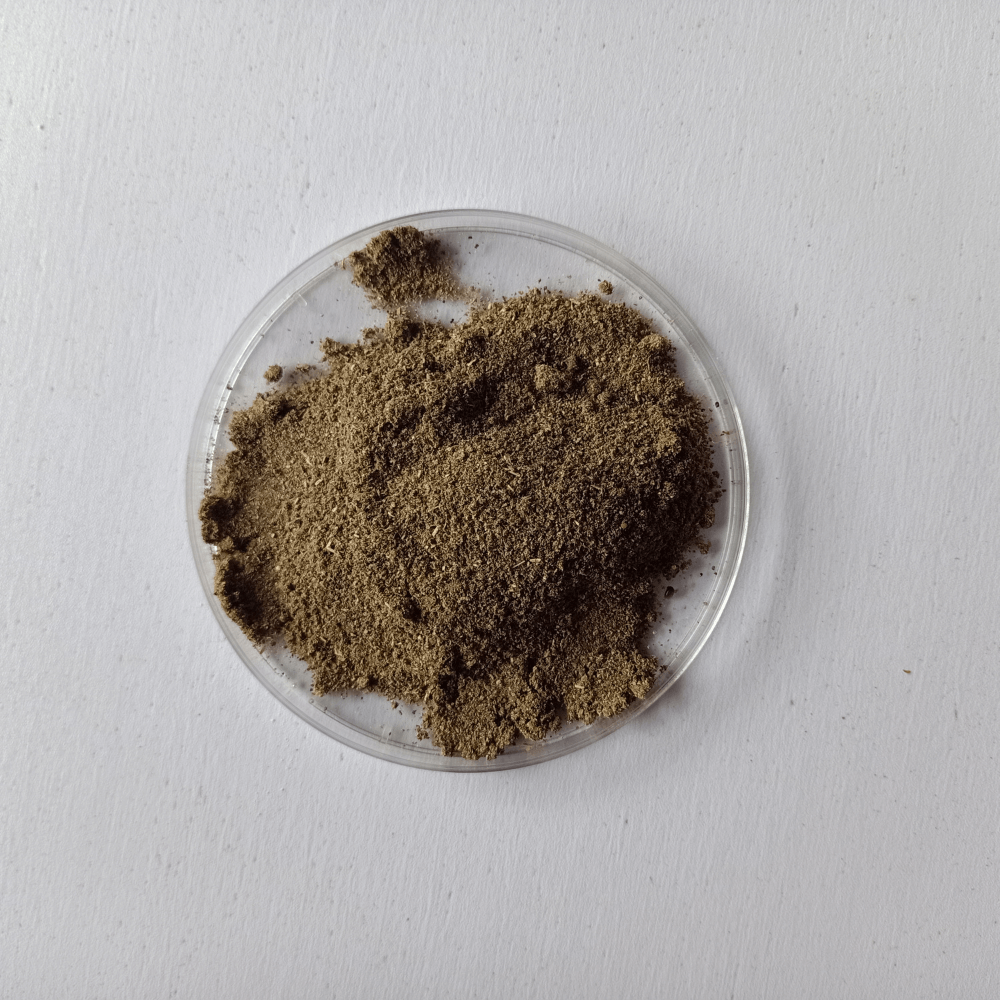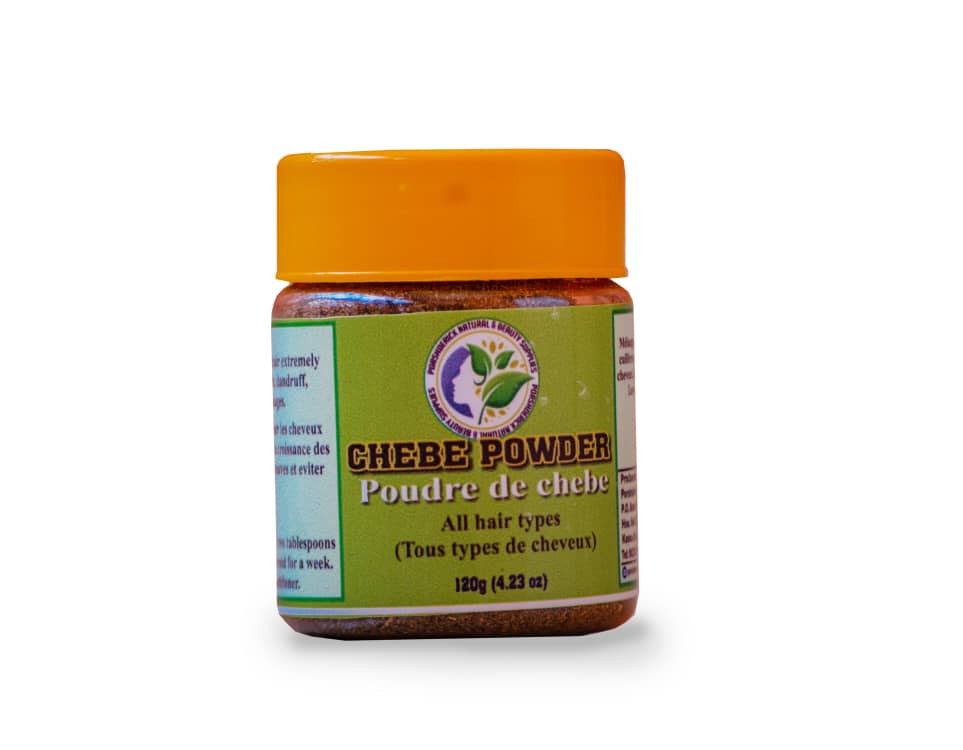Hey there, foodies and health enthusiasts! If you've been keeping up with the latest culinary trends, chances are you've heard about chebe powder. This magical-sounding ingredient is taking kitchens by storm, but hold your horses before jumping on the bandwagon. Today, we're diving deep into the world of chebe powder disadvantages, and trust me, it's not all sunshine and rainbows. So, buckle up and let's get real!
Chebe powder has been making waves as a gluten-free alternative for baking and cooking, but like every food trend, it comes with its own set of pros and cons. While some people rave about its benefits, others have raised concerns that need to be addressed. This article aims to shed light on the potential downsides of chebe powder so you can make an informed decision.
Our goal here is simple: to provide you with the facts, backed by research, so you can decide whether chebe powder is worth incorporating into your diet. So, whether you're a gluten-free warrior or just curious about this ingredient, keep reading because we've got all the juicy details for you!
Read also:Dan Orlovskys Love Story The Inspiring Journey With His Wife
What Exactly is Chebe Powder?
Before we dive into the disadvantages, let's first understand what chebe powder actually is. Chebe powder is derived from the seeds of the cheba plant, native to certain regions in Africa. It's often marketed as a gluten-free flour alternative, perfect for baking bread, cakes, and other goodies. Its unique texture and flavor have made it a popular choice among health-conscious individuals and those with gluten sensitivities.
Heading Towards the Downsides
1. Nutritional Value Concerns
One of the biggest chebe powder disadvantages lies in its nutritional profile. While it boasts being gluten-free, it lacks some essential nutrients found in traditional flours. For instance, chebe powder is low in protein and fiber, which are crucial for maintaining a balanced diet. If you're relying on it as a primary flour substitute, you might be missing out on vital nutrients your body needs.
2. Allergic Reactions
Just because it's gluten-free doesn't mean it's allergy-free. Some people have reported adverse reactions after consuming chebe powder. Allergic reactions can range from mild discomfort to severe symptoms like swelling, difficulty breathing, and even anaphylaxis. If you have food sensitivities, it's always a good idea to consult with a healthcare professional before adding new ingredients to your diet.
Cooking Challenges
3. Texture and Flavor Issues
Cooking with chebe powder isn't always a walk in the park. Many users have noted that it can alter the texture and flavor of baked goods. Cakes might turn out denser than expected, and bread could lack the fluffy texture we all love. The flavor profile might also not be to everyone's liking, which can be a dealbreaker for those with a discerning palate.
4. Baking Techniques
Using chebe powder requires a bit of a learning curve. Traditional baking methods might not work as effectively, and you'll need to tweak recipes to get the desired results. This can be frustrating for beginners who are just starting to experiment with gluten-free baking. Patience and practice are key, but not everyone has the time or resources to invest in mastering these techniques.
Economic Considerations
5. Cost Implications
Chebe powder is often more expensive than regular flour, which can be a significant barrier for budget-conscious consumers. If you're planning to incorporate it into your daily diet, the cost can quickly add up. For families or individuals on a tight budget, this might not be the most practical choice.
Read also:Tamera Mowry Husband A Comprehensive Look Into Her Marriage And Life
6. Availability Issues
Another downside is its limited availability in certain regions. You might find it challenging to source chebe powder in local grocery stores, forcing you to rely on online retailers. Shipping costs and wait times can further increase the overall expense, making it less accessible for some people.
Environmental Impact
7. Sustainability Concerns
As with any food product, the environmental impact of chebe powder production should not be overlooked. The cultivation and processing of chebe seeds might not be as sustainable as some companies claim. Understanding the environmental footprint of the products we consume is crucial for making eco-friendly choices.
8. Transportation Emissions
Since chebe powder is primarily sourced from specific regions, transporting it to other parts of the world contributes to carbon emissions. This raises questions about its overall environmental sustainability and whether the benefits outweigh the costs.
Health and Safety
9. Potential Contaminants
Like any agricultural product, chebe powder can be susceptible to contamination during cultivation, processing, or storage. Pesticide residues, heavy metals, or other harmful substances might find their way into the final product. Always choose certified organic and reputable brands to minimize these risks.
10. Misleading Marketing
Some companies exaggerate the health benefits of chebe powder, leading consumers to believe it's a miracle ingredient. In reality, it's just another alternative flour with its own set of advantages and disadvantages. Being aware of misleading marketing tactics is essential for making informed purchasing decisions.
Wrapping It Up
So, there you have it, folks! Chebe powder disadvantages are real, and it's important to weigh them against the potential benefits before diving headfirst into this trendy ingredient. While it offers a gluten-free option for baking and cooking, its nutritional limitations, potential allergenicity, and cost implications should not be ignored.
Remember, there's no one-size-fits-all solution when it comes to food choices. What works for one person might not work for another. Always do your research, consult with experts, and listen to your body's needs. If you're still unsure about chebe powder, why not try experimenting with other gluten-free alternatives? There's a whole world of ingredients out there waiting to be discovered!
Call to Action
Now that you're armed with the knowledge about chebe powder disadvantages, it's time to take action. Share this article with your friends and family to spread the word. Leave a comment below if you've had any experiences with chebe powder, good or bad. And don't forget to check out our other articles for more insightful content. Together, let's make informed decisions and create a healthier, happier world!
Table of Contents
- What Exactly is Chebe Powder?
- Nutritional Value Concerns
- Allergic Reactions
- Texture and Flavor Issues
- Baking Techniques
- Cost Implications
- Availability Issues
- Sustainability Concerns
- Transportation Emissions
- Potential Contaminants
- Misleading Marketing
- Wrapping It Up
- Call to Action
Thanks for sticking around till the end! We hope this article has provided you with valuable insights into the world of chebe powder disadvantages. Stay curious, stay informed, and keep cooking with confidence!


